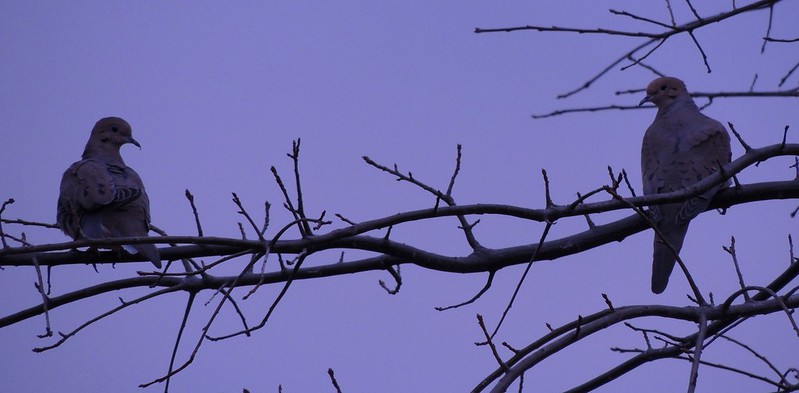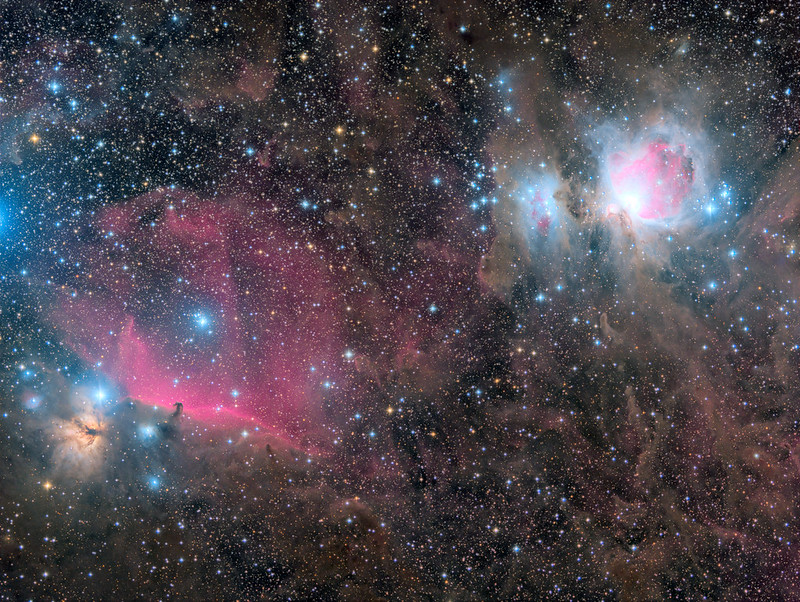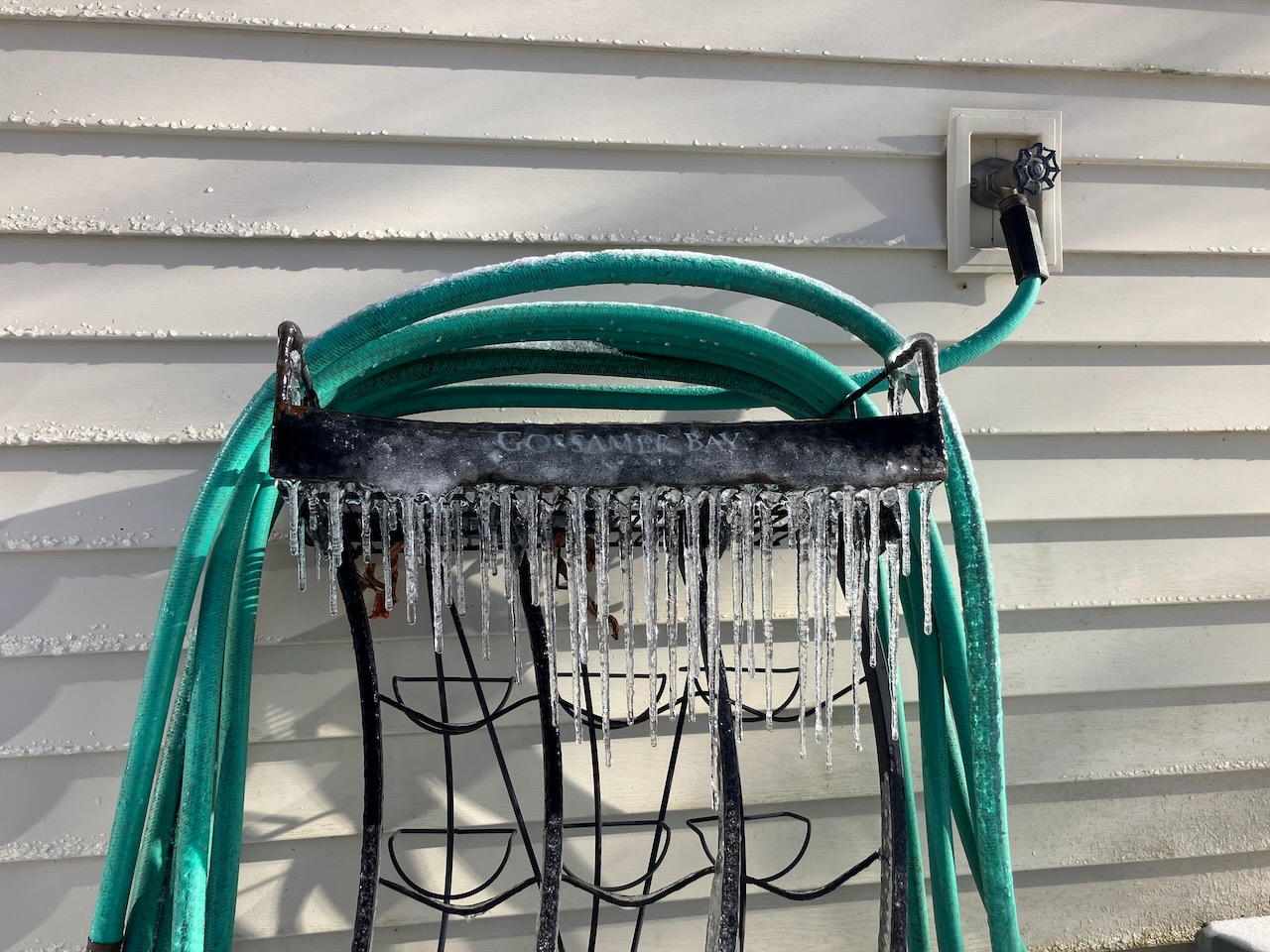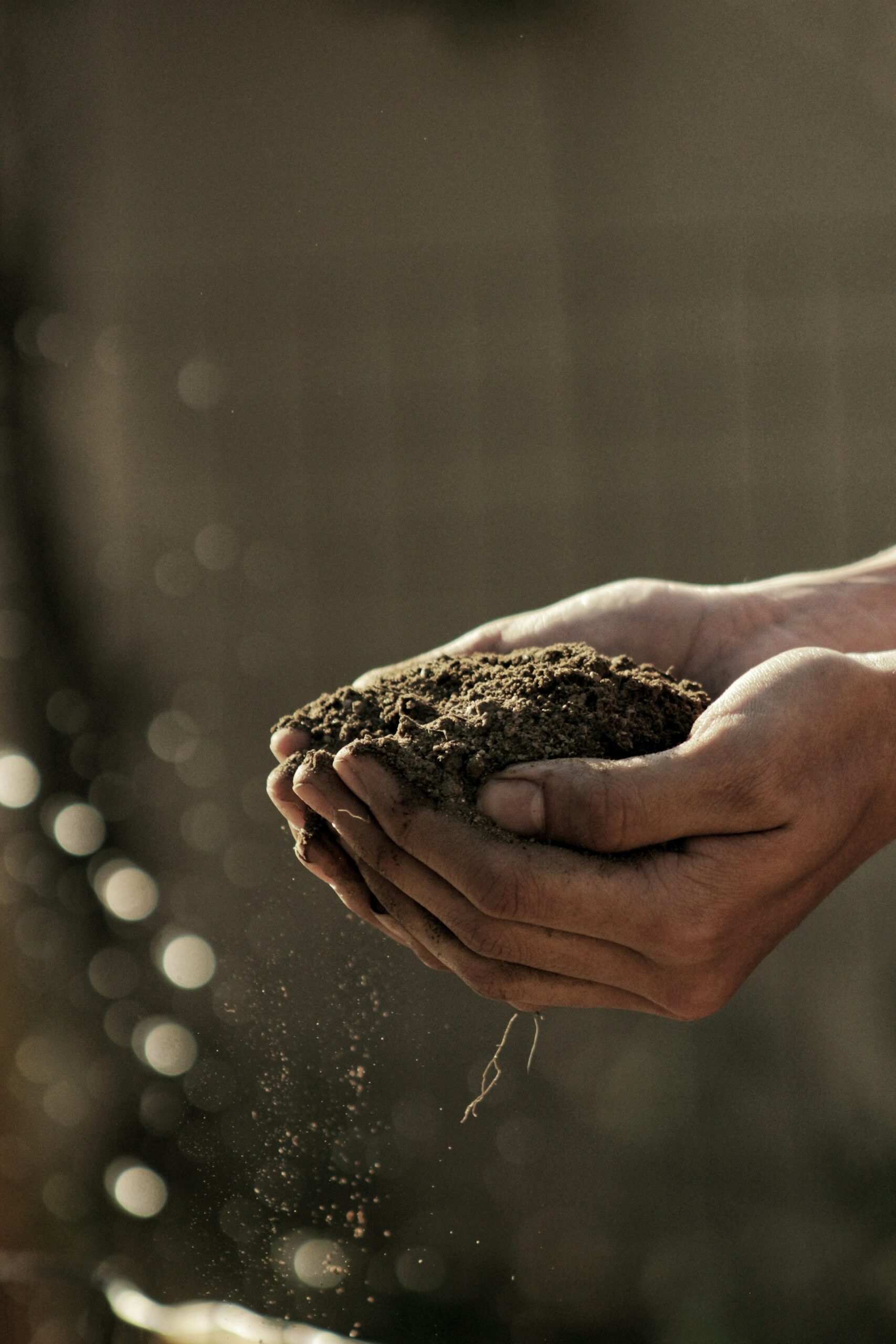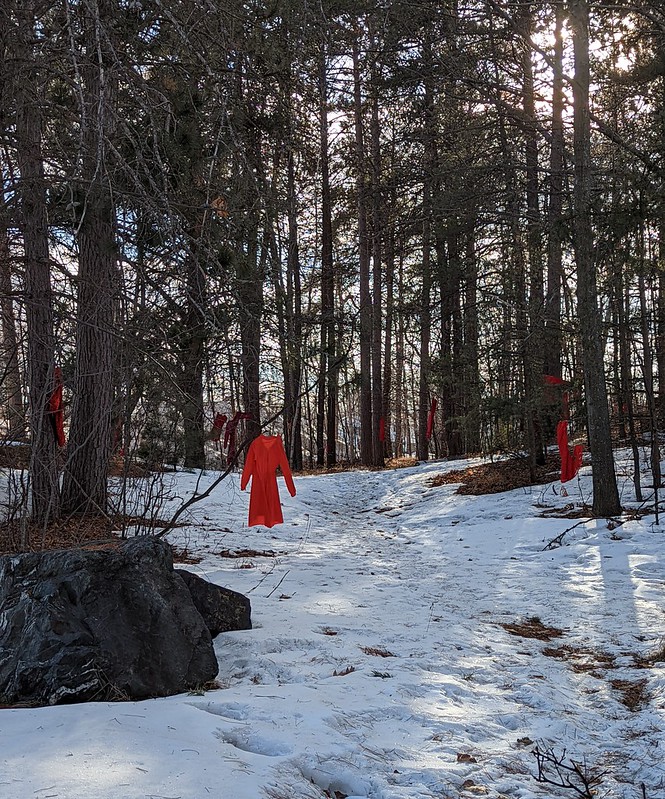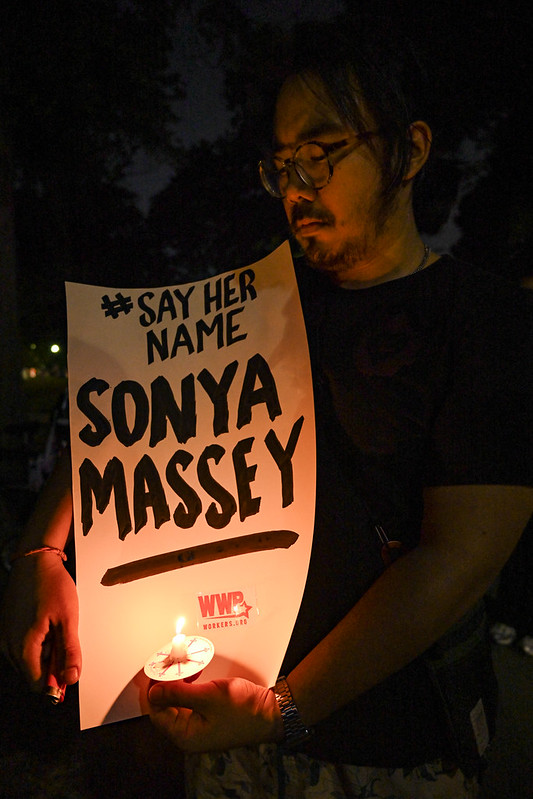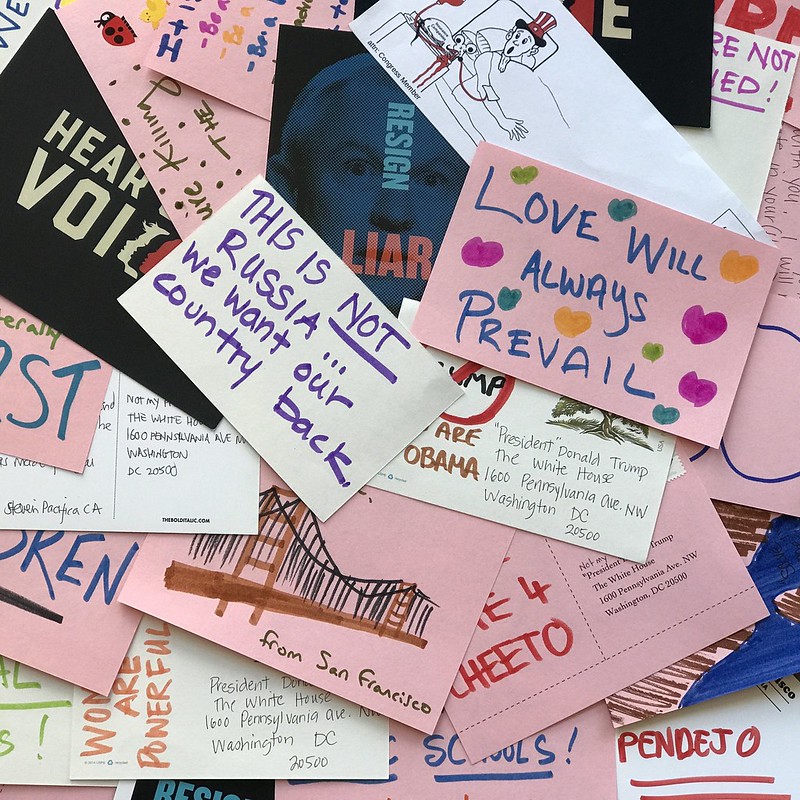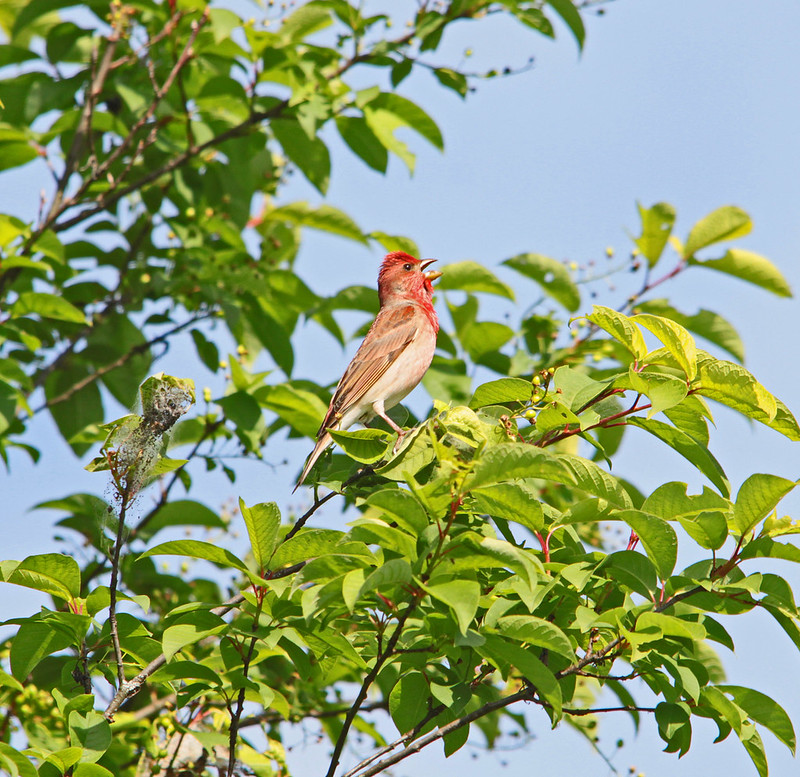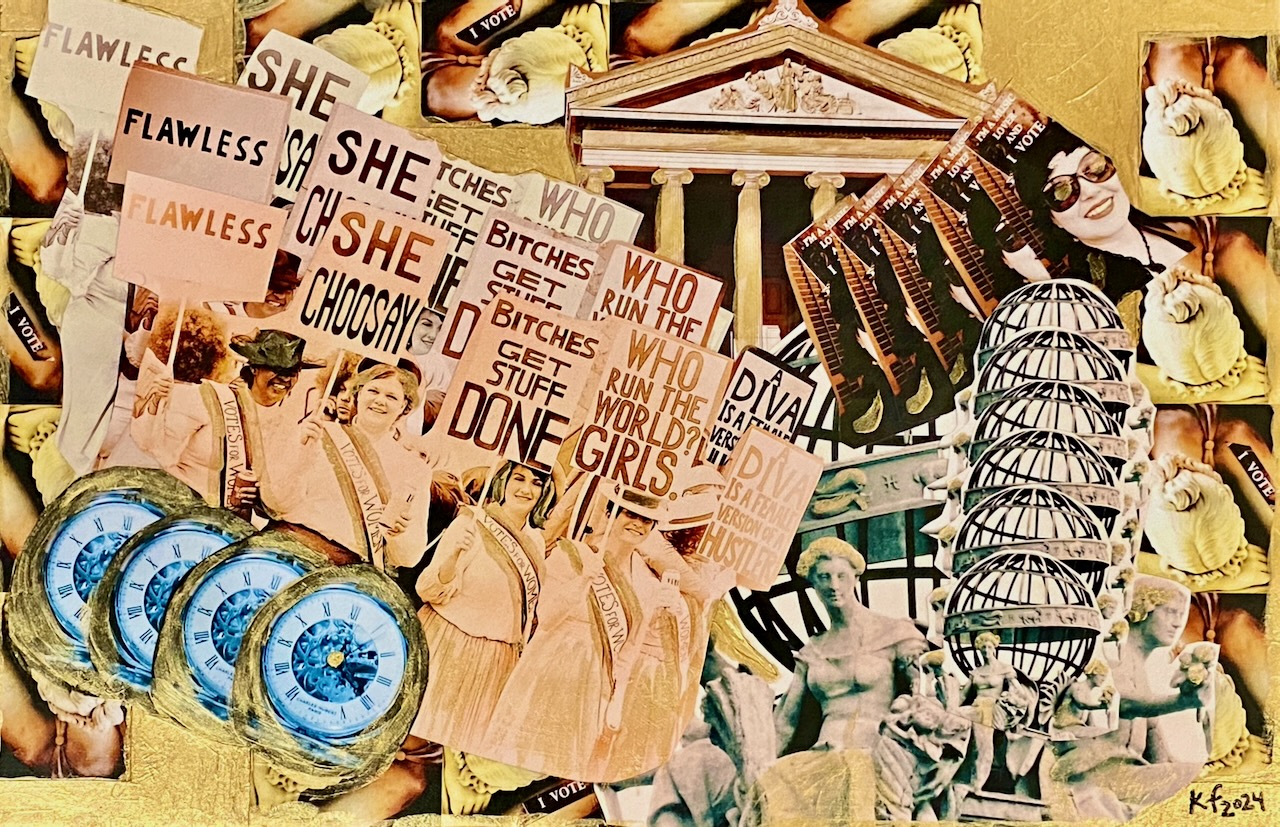Two Poems by Steph Sundermann-Zinger
What if instead of the inauguration, I wrote about birds?
The rabble of small brown ones
beneath the feeder — the ones we can never
tell apart? Or the chickadees,
sacking away sunflower hearts against
a long, bleak season? Even now, the woodpecker
beats a concussive staccato, war drum
for the bruise-blue crows mobbing
to protect their nests, while the hawk preens
his tawny feathers on the garden wall,
indifferent. The mourning dove offers
a dogged lament, every day the same
bewildered grief. And always the cardinal,
blood-bright, black-masked, attacking
his own reflection in every shining thing.
Living Queer in the Days After the Election
The barn swallows are tucked into night’s shallow pockets,
morning song already brewing in their throats. Their familiar chorus
will start again tomorrow, nothing changing, even as the males
slaughter their neighbor’s nestlings, shoving their flightless bodies
to the ground. When frightened, octopuses close themselves
into coconut shells. They practice, I tell my wife after the votes
have been counted, when she’s too afraid to sleep. I show her a video,
an octopus dragging crude armor beneath its tender belly, contracting
into it again and again, dress rehearsal for disaster. My daughter hides
under her teacher’s desk during blackout drills. It’s probably the safest place,
she says, but there’s only room for one. A lot of kids just pile up
in the corners. I think about asking her to make space for another child,
but don’t. Survival is my body’s private anthem now, breath’s wild melody,
stubborn drum of my heart clenching and unclenching, like a fist.
Steph Sundermann-Zinger (they/she) is a queer poet living and writing in the Baltimore area. Their work explores themes of identity, relationship, and connection with the natural world, and has appeared or is forthcoming in The Avenue, Blue Unicorn, Little Patuxent Review, Lines + Stars, Literary Mama, Split Rock Review, and other journals. She is a graduate of the University of Baltimore’s MFA program and the 2023 recipient of the Ellen Conroy Kennedy Poetry Prize. They were a fall 2024 Writer in Residence for Yellow Arrow Publishing. Find her online at stephwritespoems.com.
Photo credit: “Evening Mourning Doves” by briandjan607 via a Creative Commons license.
A note from Writers Resist
Thank you for reading! If you appreciate creative resistance and would like to support it, you can make a small, medium or large donation to Writers Resist from our Give a Sawbuck page.

